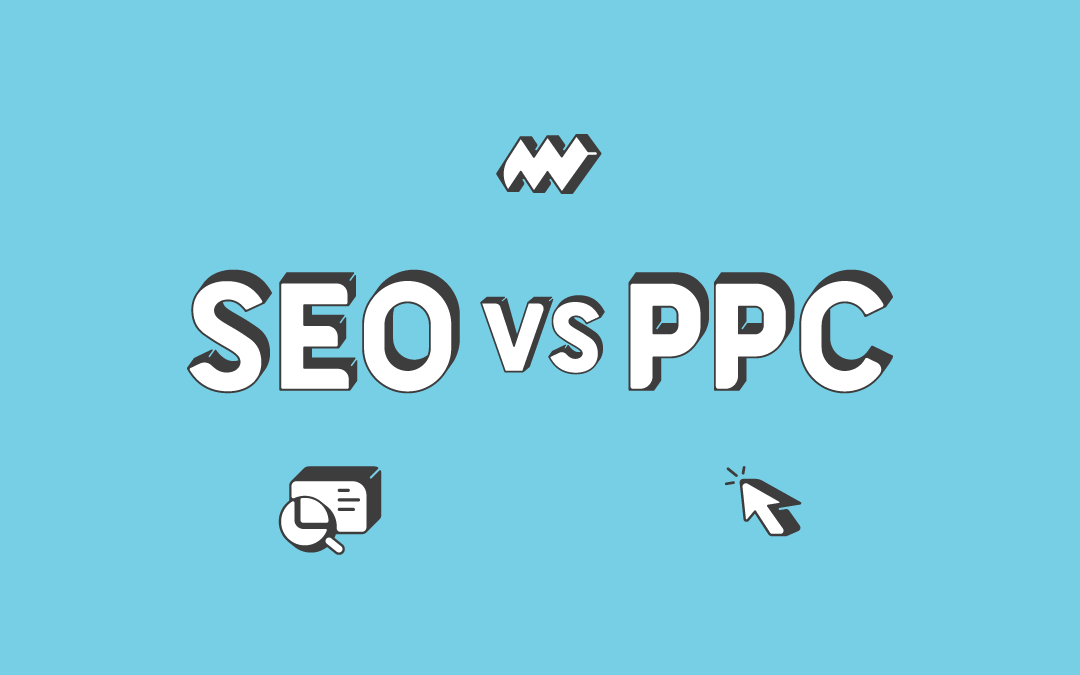
Dos and Don’ts of SEO in 2021 The Modern Marketing Techniques
April 27, 2017
How To Increase The Ranking of Your App in Google Play Store
May 1, 2017Reasons Why Your Website Isn’t Ranking In The Google Search Results
Tricky search engine algorithms may confuse and manipulate you for trying hundreds of SEO strategies present worldwide for achieving higher search rankings. A page’s ranking on a search engine means everything for the owner as his success solely depends on the ranking. A greater ranking means more traffic and more traffic means more profit and vice versa. Now, Imagine what will happen if your website doesn’t rank on the search engine result pages (SERPs) at all? Will you receive any traffic? If such thing ever happens then here are five solutions for solving it:
1. You have unintentionally blocked Google from indexing your site: There can be many reasons for which a website doesn’t rank on search engines, the most terrifying is the accidental prohibition of Google from reaching and indexing your content. This happens majorly due to a problem in the robots.txt text file.
User-agent: *
Disallow: /
Open your robots.txt file from the root folder (or browse it) and check if the above-given code is present in the file. If it’s there, it means you have blocked Google from reaching your site, just simple deletion this code from the archive will fix the issue and allow Google to index your site.
2. You are working on a new website: Ranking on Google for respective keywords occur in months, so there’s no way your site will be ranked if it is recently created, which means you’ll have to wait until Google ranks it automatically. Although, after 2-3 weeks, your site gets indexed which you can check by typing the words “site:yoursite.com” in the Google search bar. Another option is that you can manually submit your site to Google for faster indexing.
The absence of long tail keywords:
Short keywords drive general traffic, whereas long tail keywords provide accurately focused traffic which spends more time on your website. Presently there are millions of websites with short tail keywords hoping to get fairly ranked as soon as possible. With the changes in Google algorithms in 2012, short tail keywords are more often to be neglected (because they misguide both the search engine and the users) whereas the long-term keywords are significantly prioritized. When the search engine spiders themselves ignore the short tail keywords, how can your site receive any rankings with the absence of long tail keywords in it.
4. The lack of inbound links and mentions: Most of the times, many websites with excellent content cannot get rankings because of the poor administration authority. This problem can be solved by getting inbound links and mentions from popular, authoritative websites. Whenever an authoritative website links to your site, the crawlers from that site automatically reach your site and index the whole content present on it. Another problem is that why will those reputed websites backlink to your site? The answer is easy – just keep uploading good informative content forever.
5. Your website does not support mobile devices: Mobile devices are the true meaning of technology in 2017. Sometimes your website is delayed for providing rankings as it is not at all optimized for mobile devices. Around billions of people access the internet every day through mobiles which are even more than their computer counterparts, this is the reason why any search engine will rank websites that are fully optimized for mobile faster than other sites.
“After reading this article, hope your problem is solved and your website quickly starts profiting.”





